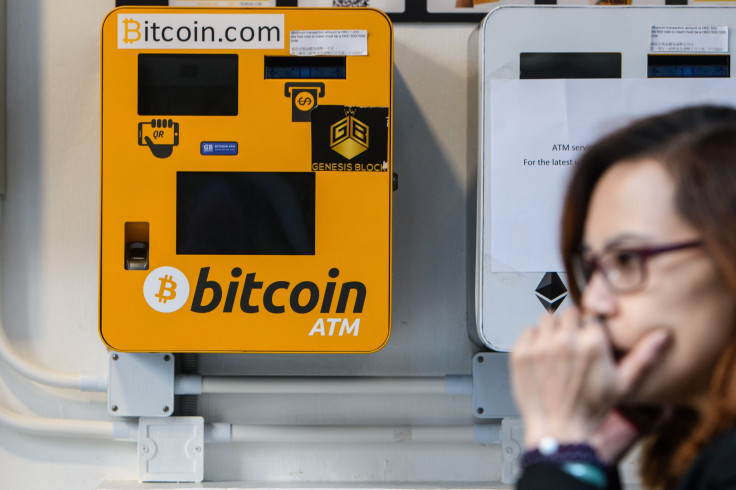Hong Kong's Securities Watchdog Outlines Plan To Regulate Cryptocurrency Exchanges

The Securities and Futures Commission (SFC) of Hong Kong published a statement Thursday laying down a set of guidelines on regulatory standards expected of virtual asset "portfolio managers and fund distributors." The statement also said that the SFC will explore the "conceptual framework" for the regulation of virtual currency exchanges. The SFC had identified the risk associated with investing in virtual assets, the primary reason that prompted the regulator to issue the specific guidelines.
"While virtual assets have not posed a material risk to financial stability, there is a broad consensus among securities regulators that they pose significant investor protection risks. Some of these risks are inherent in the nature and characteristics of the virtual assets themselves and others stem from the operations of platforms or portfolio managers," the statement said.
Big news in Hong Kong with the Securities & Futures Commision statement about working on a legal framework and policies for regulation exchanges, crypto funds, etc ... -> https://t.co/9TP1KN2ZGX
— Alexandre Dreyfus (@alex_dreyfus) November 1, 2018
The risks that the SFC has identified include valuation (volatility and liquidity), accounting, cybersecurity (safe custody of assets), market integrity, terrorist financing (money laundering), and fraud. Further, the statement clarified that the SFC had already issued circulars defining its regulatory stance that virtual assets "may" fall under the definition of "securities" or "futures contracts".
"The SFC also reminded intermediaries in a circular ... about the notification requirements under the Securities and Futures (Licensing and Registration) Rules if they intend to provide trading and asset management services involving crypto-assets. The SFC has undertaken a series of actions against those who may have breached its rules and regulations when carrying out activities related to virtual assets. These include providing regulatory guidance, issuing a warning, and compliance letters and taking regulatory action," the statement said, while clarifying that "many of these virtual assets" do not amount to securities or futures contracts.
The exchange platforms that only provide trading services for virtual assets — not falling within the definition of securities — do not fall under the jurisdiction of the SFC. However, these firms are required to be licensed by or registered with the regulatory body.
For the purpose of setting out the regulatory framework, the SFC would work with interested trading platforms that have met the standards set by the SFC Regulatory Sandbox — the SFC Sandbox has a "confined regulatory environment" for a few qualified firms (specifically in financial technology) to operate regulated activities under the Securities and Futures Ordinance before fintech is used on a fuller scale.
The statement further explains that in the initial exploratory stages, the regulator would not grant the license to platform operators, but it would consider the "effectiveness of the proposed regulatory requirements" in discussing risks and providing sufficient investor protection. "The SFC will critically consider whether the virtual asset trading platforms are, in fact, appropriate to be regulated by the SFC in light of the performance of these trading platforms in the Sandbox," the statement said.
Factors that the regulator will consider include the adequacy and effectiveness of the suggested conceptual framework, ability to comply with the terms and conditions, investors' interests, as well as local market and international regulatory developments.
It was reported Oct. 16 Hong Kong Securities and Futures Commission's outgoing chairman Tong Ka-shing had said the commission was working to bring out regulations related to cryptocurrency trading platforms mainly to "tighten investor protection."
China has cracked down on the cryptocurrency space with a ban on initial coin offerings in September, 2017, and by making it illegal, to use traditional currencies for cryptocurrency purchases (since July). These moves drove away many cryptocurrency-related businesses from China but did not affect Hong Kong, as it is a specially managed territory of China and has a separate political system.
© Copyright IBTimes 2024. All rights reserved.




















